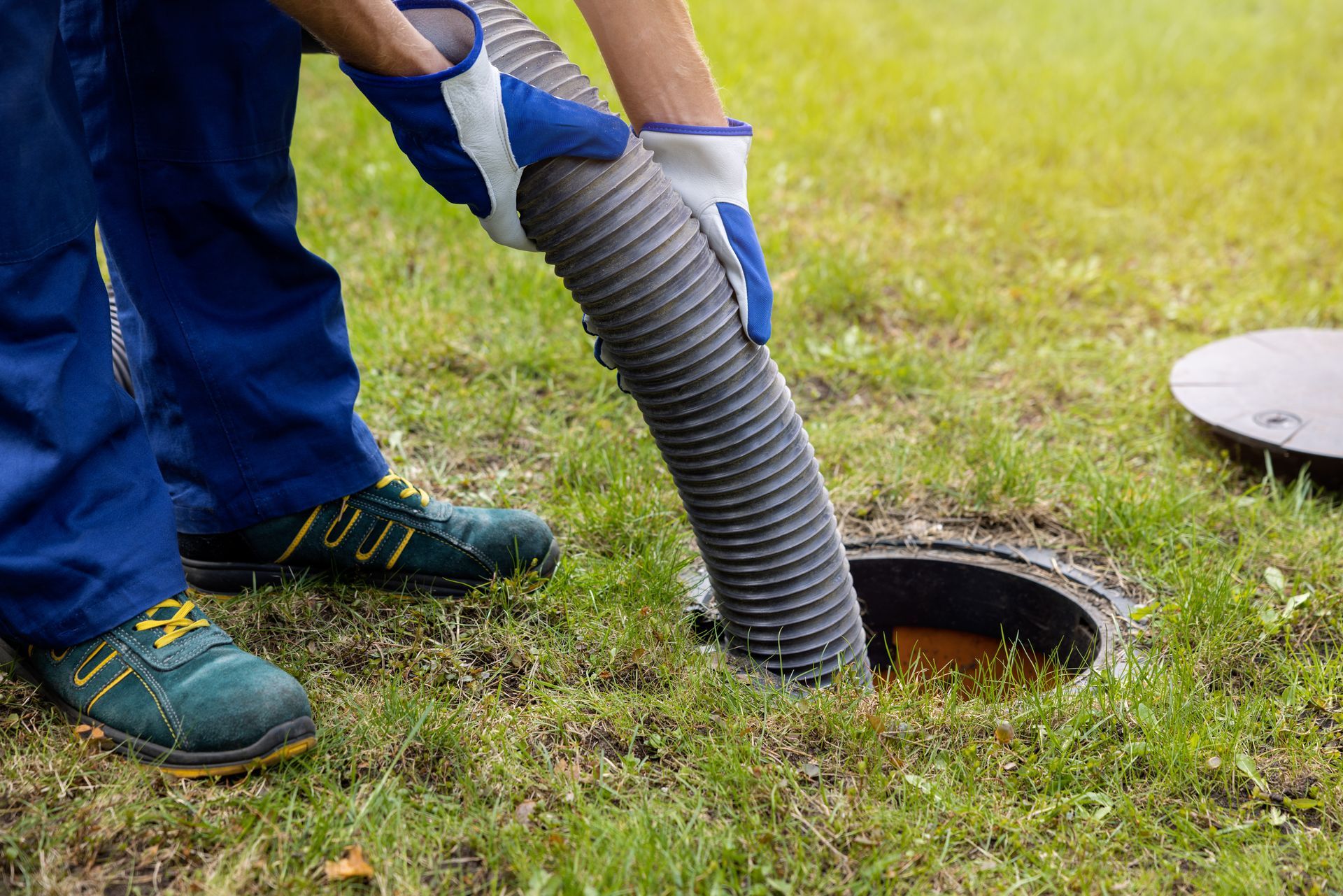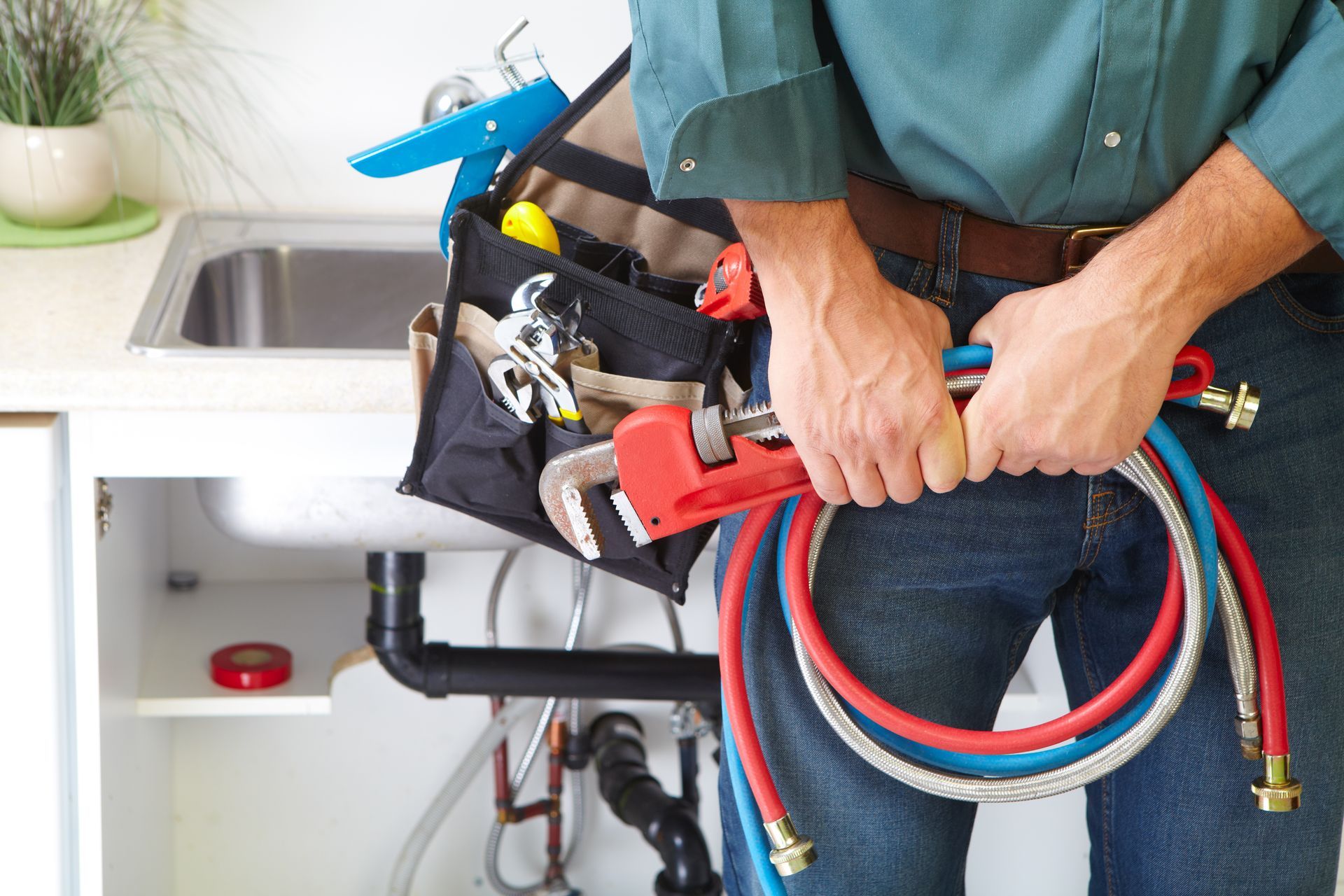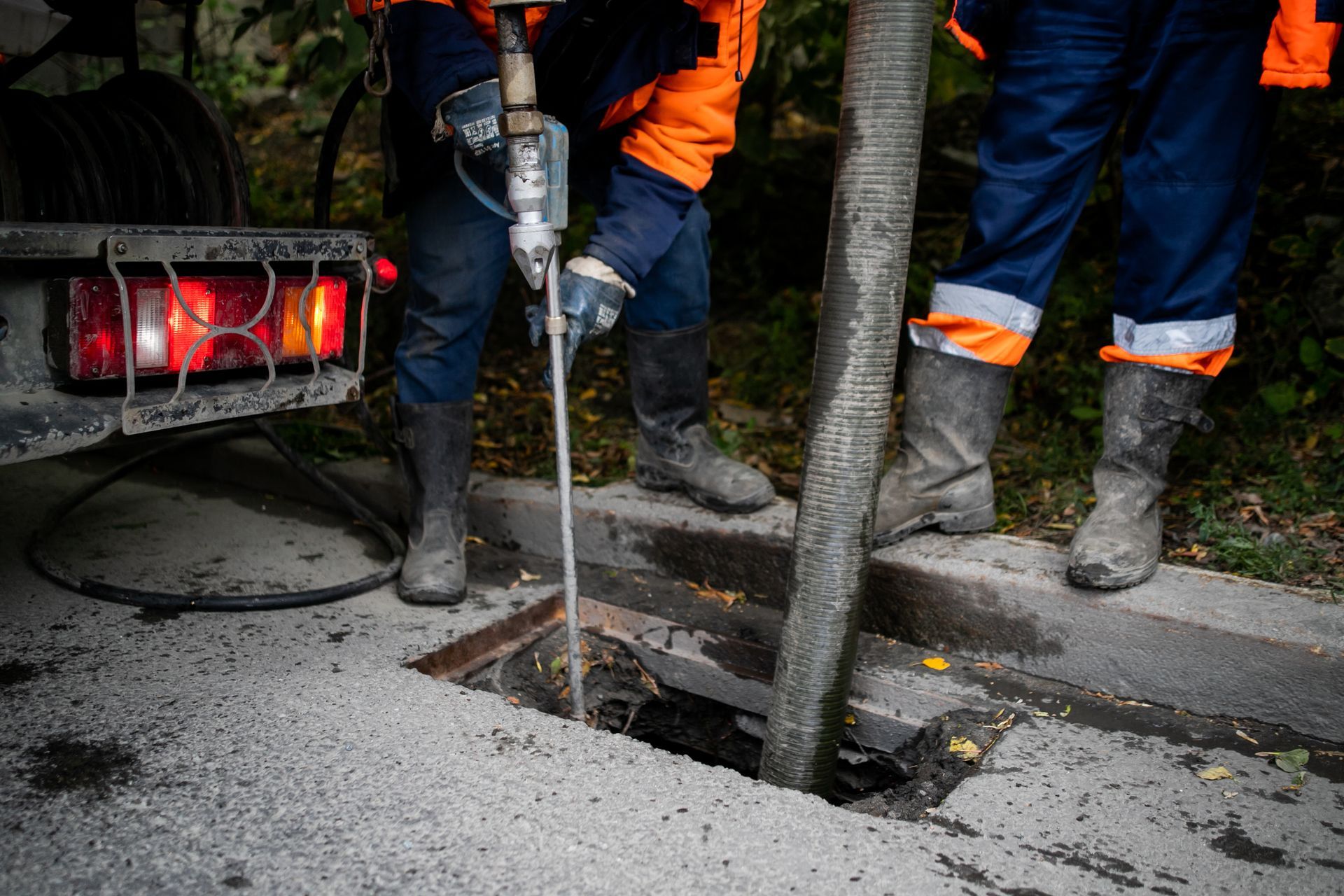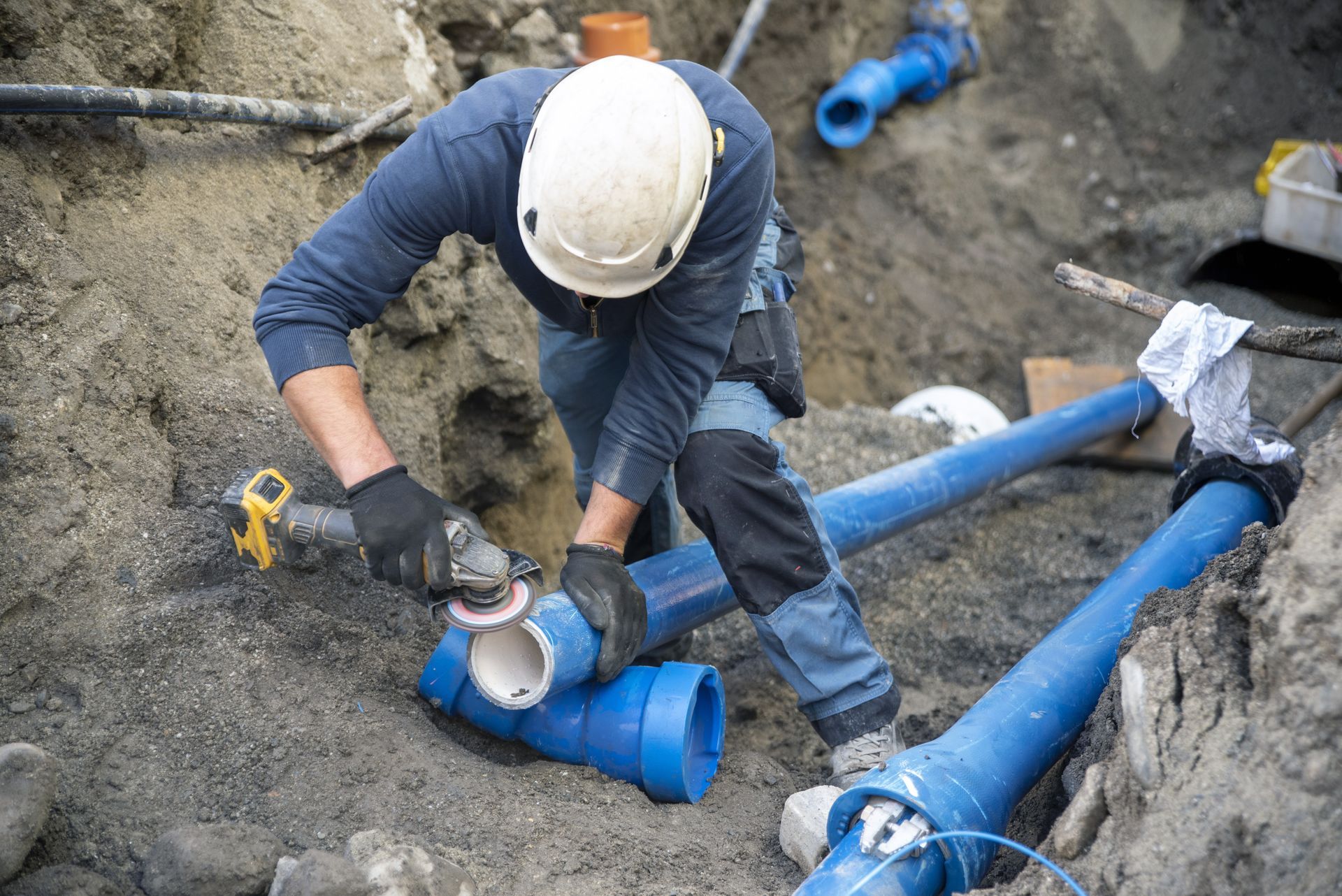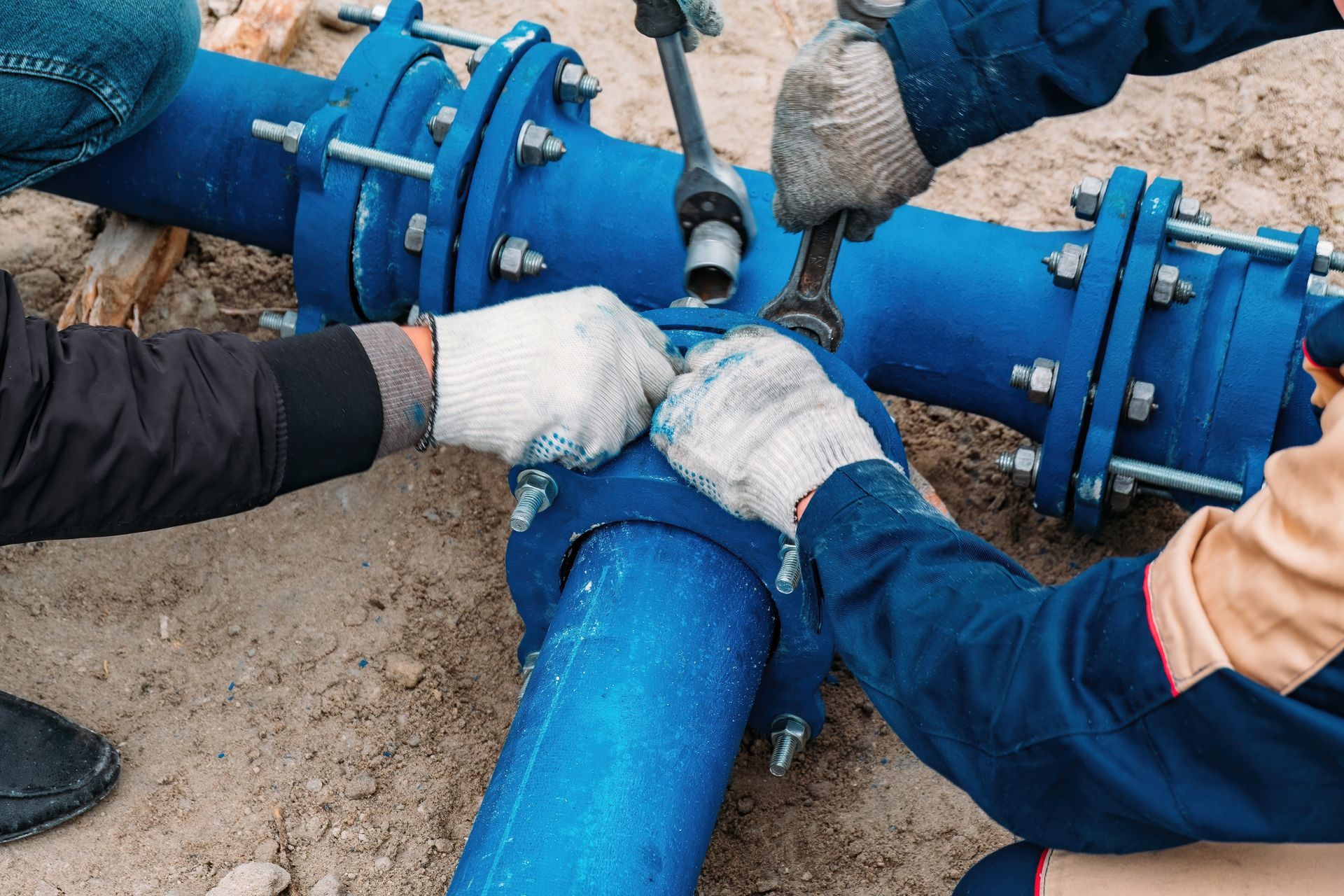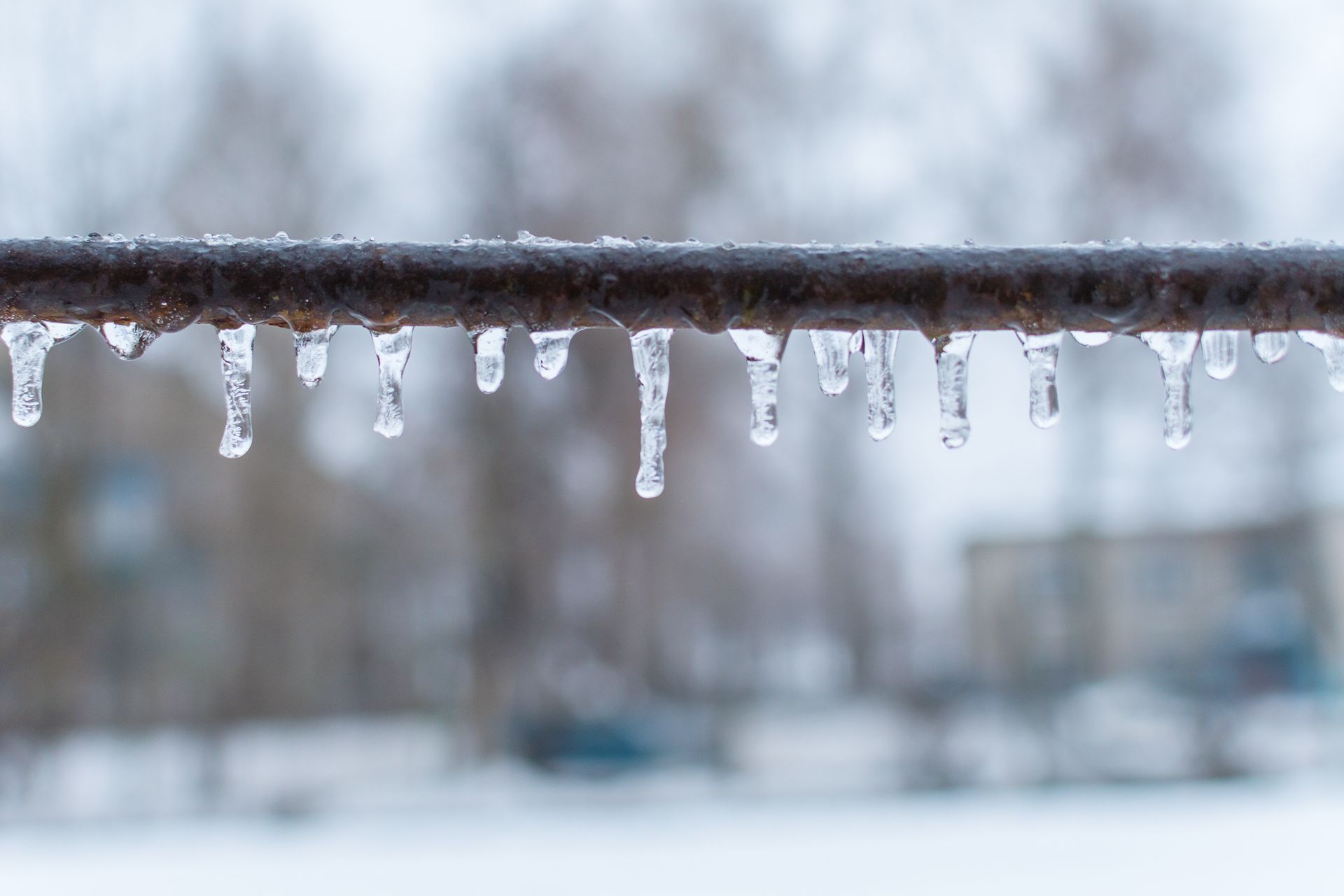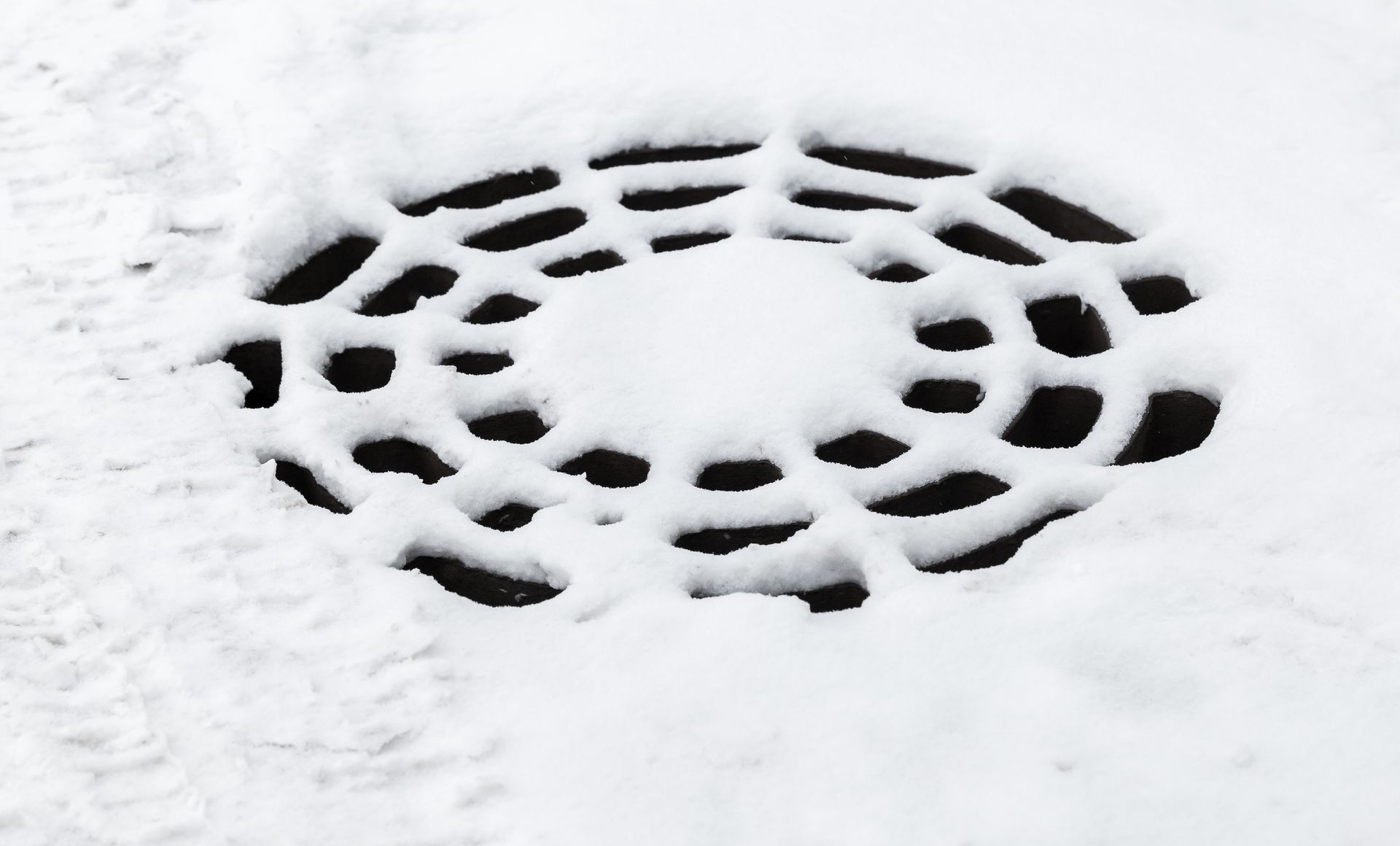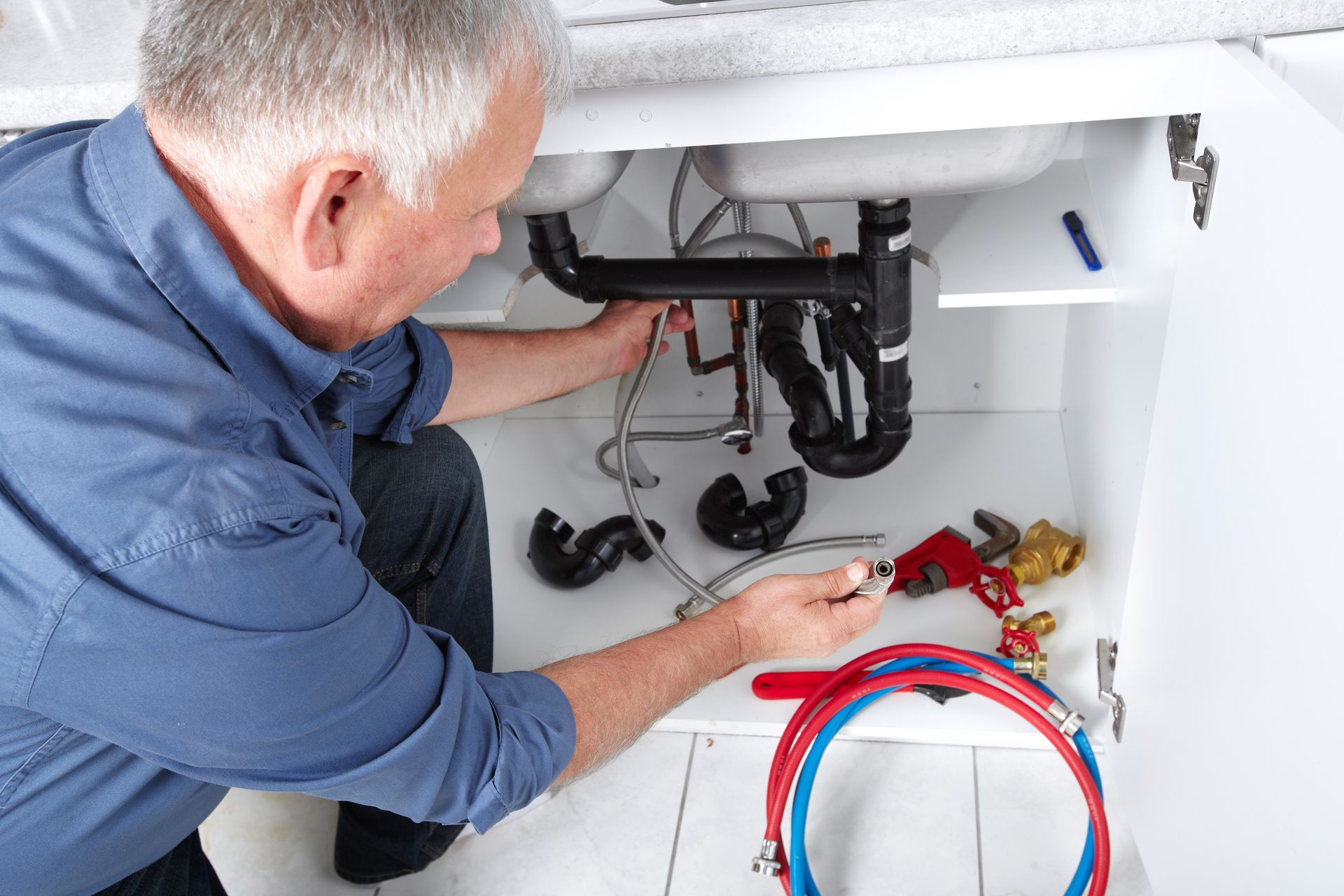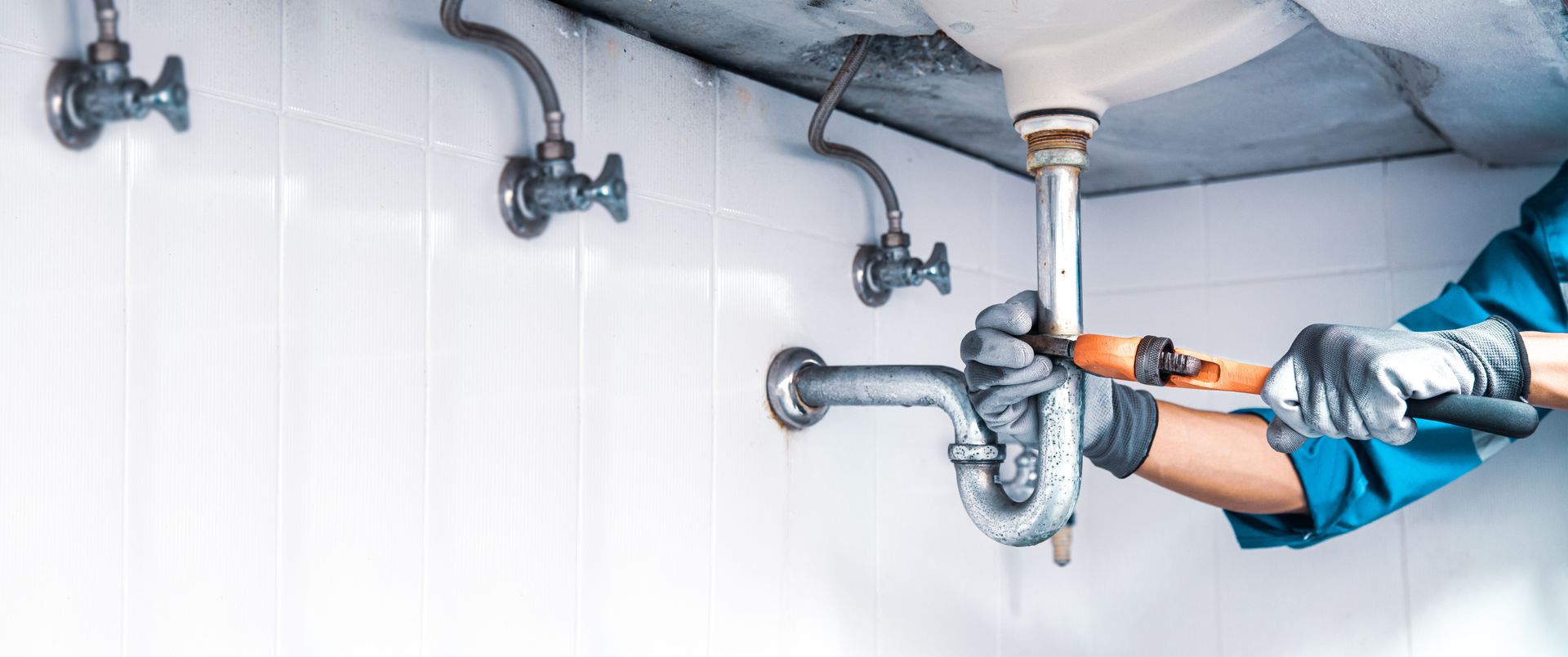Insights About Commercial Plumbing: What It Is, How It's Different, And Why You Need It
Commercial plumbing is a specialized form of plumbing that deals with larger and more complex systems compared to residential plumbing. While residential plumbing focuses on small-scale plumbing needs for individual homes, commercial plumbing caters to the larger and more intricate water supply and drainage requirements of commercial buildings such as office spaces, retail stores, restaurants, hotels, hospitals, schools and other public facilities.
The Distinct Line: Commercial Plumbing vs. Residential
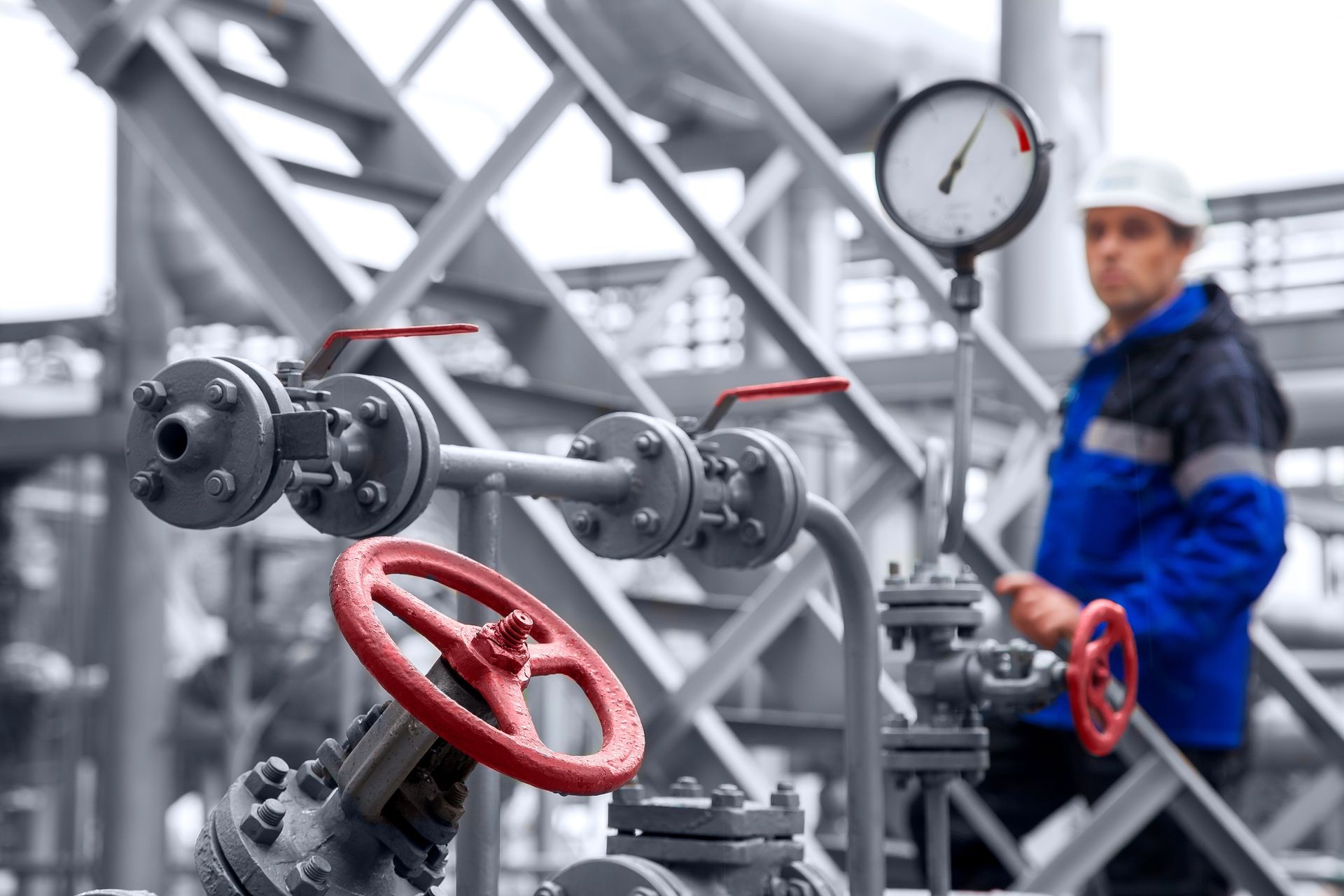
While some factors are similar, commercial plumbing is vastly different from residential plumbing in terms of scale, complexity, and regulations. Here are some key differences between the two:
Size and Complexity
Commercial plumbing systems are much larger and more complex compared to residential ones. This is mainly due to the fact that they cater to a larger number of people and have higher water demands. Commercial buildings also often have multiple floors, requiring advanced systems to maintain water pressure and effective sewage disposal. Additionally, businesses may have specialized requirements, such as restaurants needing dedicated grease traps or hospitals requiring sanitized water systems.
Equipment and Materials
Given the larger scale of commercial setups, the tools and materials used in this sector often differ from those in residential plumbing. While homes typically employ standard PVC pipes and household fixtures, commercial buildings might require industrial-grade pipes, large-scale water heaters, or even customized fixtures tailored to specific business operations.
Regulations and Standards
Due to the public nature of commercial spaces, they are generally subject to stricter regulations and codes. For instance, a restaurant or food processing facility needs to ensure that waste disposal meets health standards to prevent contamination. On the other hand, residential plumbing mainly adheres to local building codes designed for safety and functionality within homes.
Maintenance and Service
Residential plumbing issues often revolve around common household problems like leaks or clogs. While these can be addressed on an as-needed basis, commercial plumbing requires proactive, regular maintenance. Given the sheer number of users and the complexity of the systems, any downtime or malfunction can result in significant disruptions and financial implications.
Commercial Plumbing Specialized Training
In addition to the complex systems and regulations, commercial plumbing also requires specialized training and expertise. This is because commercial plumbers must be equipped to handle large-scale installations, troubleshoot complicated issues, and ensure compliance with building codes and health standards.
Some of the specialized training may include:
- Understanding advanced plumbing systems and equipment, such as commercial-grade water heaters and pumps
- Comprehending complex blueprints and layouts for commercial buildings
- Knowing how to install specialized fixtures like backflow prevention devices and grease traps
- Being well-versed in various building codes and regulations concerning commercial plumbing in different industries
Commercial Plumbing: Acquiring the Essential Training
The realm of commercial plumbing, with its distinct challenges and extensive systems, demands a specialized skill set. Those aspiring to make a mark in this sector need to undergo rigorous training to meet the industry's expectations and handle the intricate demands of commercial setups.
Most commercial plumbers initiate their professional trajectory with foundational education, typically commencing with a high school diploma. This is often succeeded by specialized courses in plumbing at vocational or technical institutions.
The apprenticeship phase is particularly transformative. Over a span of 4-5 years, these programs amalgamate classroom teachings with real-world scenarios, carving novices into adept professionals.
After this intensive training, many regions or states necessitate plumbers to secure a license to practice. This often entails successfully clearing an examination that evaluates their comprehensive grasp of the trade and intricate understanding of local plumbing codes. Moreover, for those seeking an edge in the market, they may opt to obtaining additional certifications in niche areas of plumbing.
Warning Signs: When You Need a Commercial Plumber
While routine maintenance can ward off many issues, there are circumstances that unequivocally warrant the expertise of a professional commercial plumber. Recognizing these situations can be the difference between a minor fix and a major, costly disruption.
Persistent Draining Issues or Slow Drains
One of the most common signs that you might require the services of a commercial plumber is the presence of persistent draining issues or unusually slow drains. This is not just a typical inconvenience, but a sign that there could be a more serious underlying problem at play, often a clogged or obstructed pipe. Ignoring this warning sign can lead to significant disruptions and even damage to the building's plumbing system.
Foul Odors or Strange Sounds
Another red flag that you should never overlook is the presence of unpleasant smells or unusual noises coming from your commercial plumbing. These could be signs of potential leaks, blockages, or other malfunctions in the system. In addition to being a nuisance, ignoring these signs can also create an unhealthy work environment for employees and visitors.
Water Leaks or Burst Pipes
Water leaks or burst pipes are not only problematic due to the damage they cause but can also disrupt regular business operations. If left unaddressed, small leaks can quickly turn into major problems, causing structural damage and water wastage. A commercial plumber can identify and fix these issues before they escalate.
Learn more: https://www.hurleyplumbingllc.com/common-plumbing-problems-in-commercial-properties-and-how-to-avoid-them
Final Thoughts: The Importance of Commercial Plumbers
In conclusion, commercial plumbing is a specialized field that combines technical expertise, adherence to stringent regulations, and a deep understanding of industrial-grade equipment and materials. The array of challenges that commercial plumbing presents requires professionals who are not only well-versed in complex plumbing systems but also equipped to deal with emergencies promptly. This underlines the importance of having reliable "commercial plumbers near me" that you can access quickly when you need them.
Frequently Asked Questions (FAQs)
